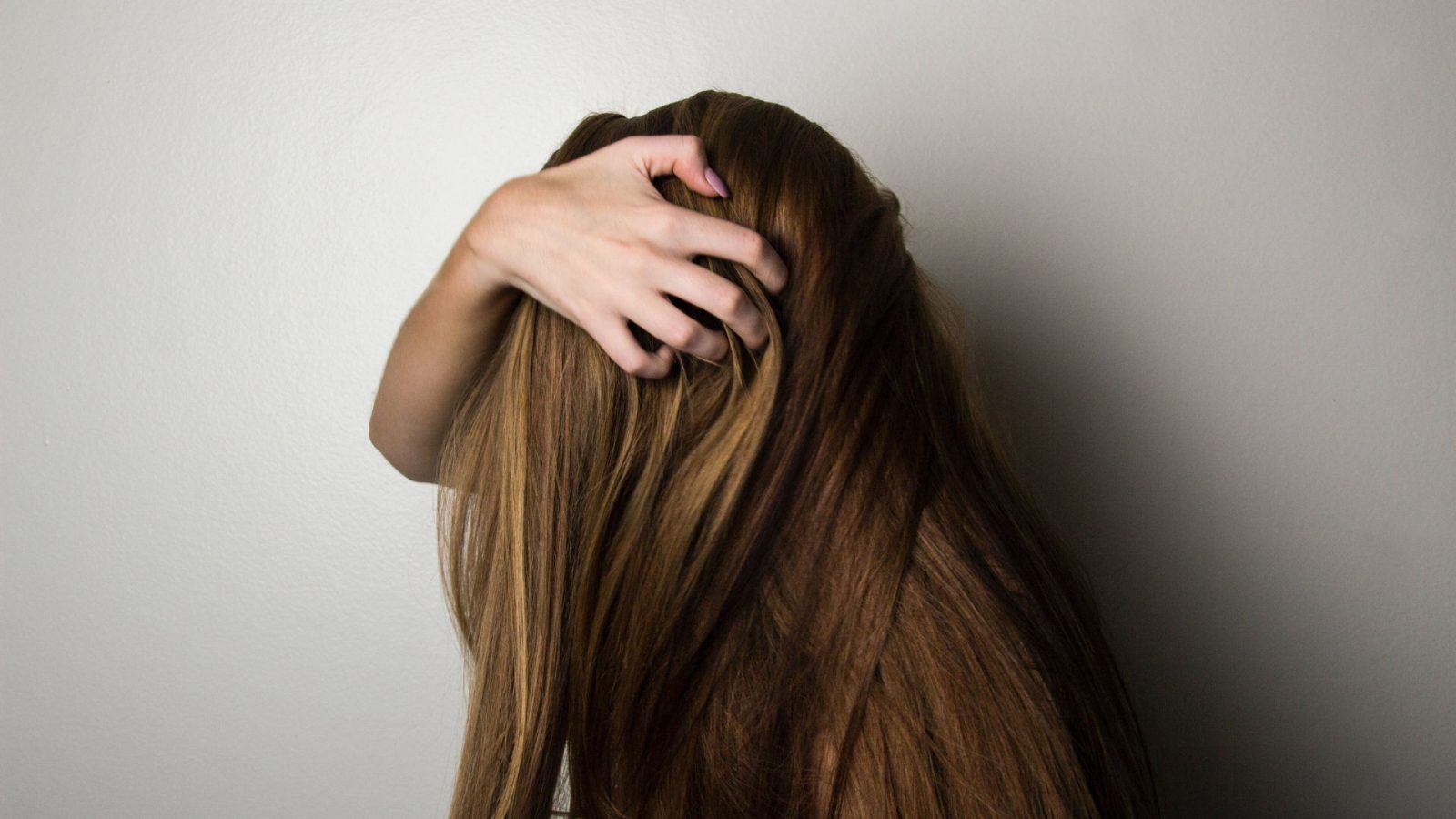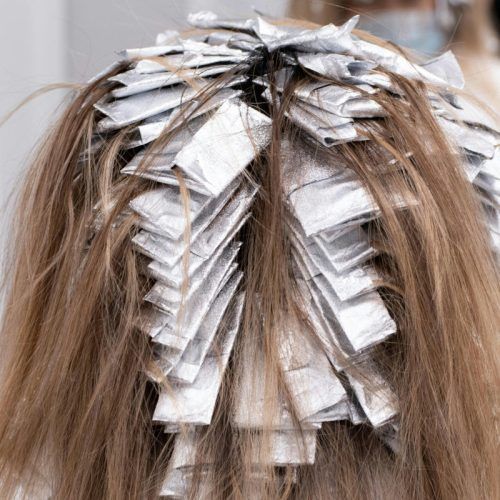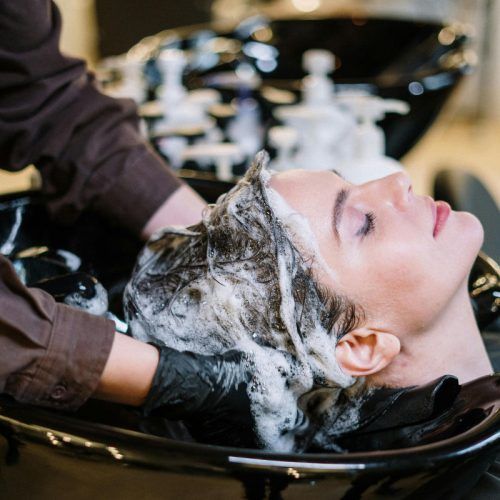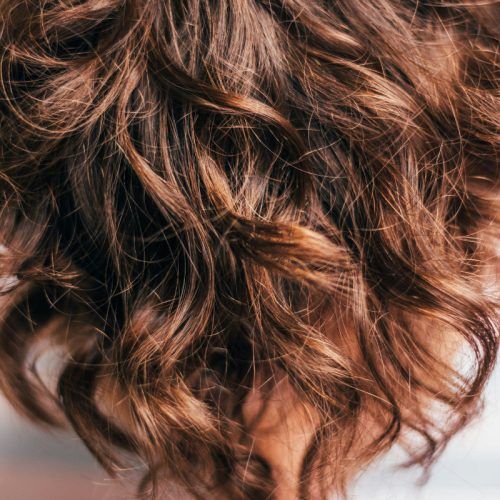Winter is a magical season filled with cozy sweaters, hot cocoa, and holiday festivities. However, it also brings along some not-so-magical challenges for your hair, with dandruff being a common and unwelcome guest. Dandruff is not only unsightly but can also be itchy and uncomfortable. In this article, we’ll explore a comprehensive winter hair care routine to prevent, understand the causes of, and treat dandruff.
Dandruff is a common scalp condition characterised by the shedding of dead skin cells in the form of white flakes. It can be caused by several factors, and understanding these is crucial for an effective winter hair care routine.
Dry Skin
Winter air is notoriously dry, which can dehydrate your scalp, making it prone to flaking. This is why dandruff often worsens in the colder months.
Malassezia
A naturally occurring fungus on the scalp, Malassezia, can become overactive in some people, leading to dandruff. This fungus feeds on the natural oils in your skin, causing skin cells to shed more quickly.
Seborrheic Dermatitis
This is a condition that can lead to oily, red, and s, often accompanied by dandruff. It can be exacerbated in the winter due to temperature changes and dry air.
Preventing dandruff in winter
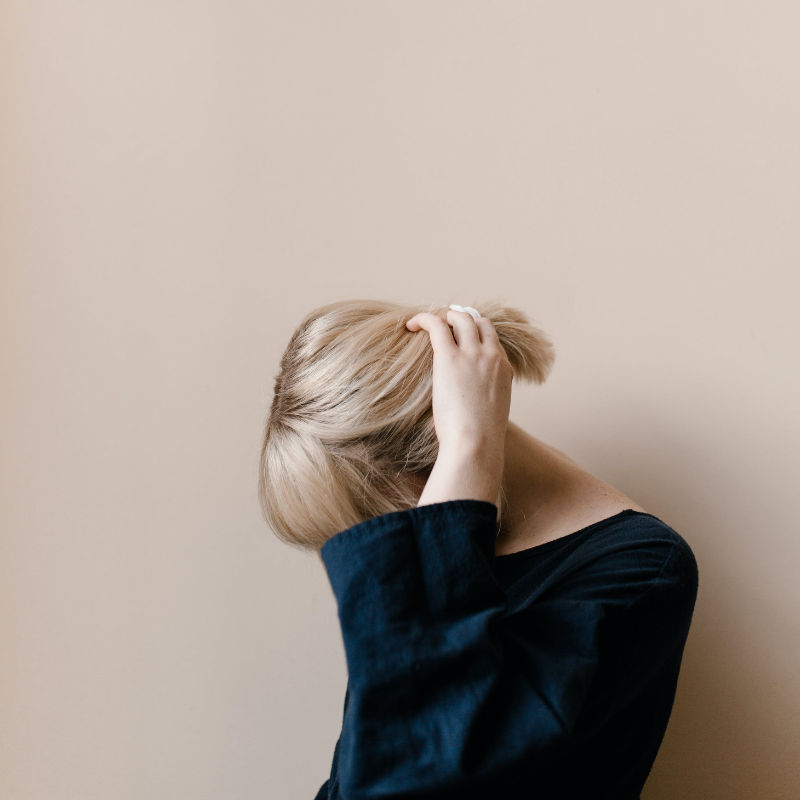
Hydrate inside and out
Hydration is fundamental for healthy skin, and this extends to your scalp. Drinking plenty of water is vital for maintaining moisture balance and preventing dryness, a common trigger for dandruff. In addition to hydration, using a humidifier in your home during the winter helps combat the dry indoor air created by heating systems. This added moisture in the air is crucial for preventing the scalp from becoming excessively dry, which can contribute to dandruff and other skin issues.
Proper shampooing
Choosing a mild, anti-dandruff shampoo with ingredients like zinc pyrithione, selenium sulphide, or ketoconazole is essential for winter dandruff care. Regular, but not excessive, shampooing is vital to keep your scalp clean without stripping it of its natural oils, which can exacerbate dryness. This balance ensures a healthy scalp and effective dandruff management during the winter months.
Scalp massage
A gentle scalp massage is a simple yet effective practice to include in your winter hair care routine. When you massage your scalp, you stimulate blood flow to the area, which, in turn, enhances the distribution of natural oils produced by your scalp. These natural oils are essential for keeping your hair and scalp adequately moisturised, which helps prevent dryness and flaking, commonly associated with dandruff. The massage not only aids in improving oil distribution but also contributes to a healthier scalp and hair, making it a valuable technique in combating the effects of winter’s harsh conditions on your hair and scalp.
Avoid hot water
While the allure of a hot shower in cold winter months is undeniable, it’s important to be mindful of its impact on your scalp health. Hot water, though comforting, is one of the causes of dandruff in winters. It can have a detrimental effect by stripping your scalp of its natural oils. These oils are vital for maintaining scalp moisture and preventing dryness, which can exacerbate dandruff. Instead of indulging in scalding hot water, opt for lukewarm water when washing your hair. This temperature is gentle on your scalp, allowing you to maintain the natural oils essential for a healthy scalp, even in the winter season. This simple adjustment in your shower routine can go a long way in preserving the health of your hair and preventing dandruff.
Diet and supplements
Incorporating foods rich in Omega-3 fatty acids and vitamin D into your diet, or opting for supplements if necessary, is crucial for skin and scalp health, especially in winter. Omega-3s reduce inflammation and preserve the skin’s moisture barrier, while vitamin D regulates cell turnover and growth, preventing dryness and dandruff.
Dandruff treatment options
Over-the-counter products: There are numerous over-the-counter shampoos and conditioners designed specifically to treat dandruff. Look for ingredients such as salicylic acid, coal tar, or pyrithione zinc.
Medicated shampoos: If over-the-counter products don’t provide relief, consult a dermatologist for prescription-strength medicated shampoos, which can be more effective for severe dandruff or seborrheic dermatitis.
Natural remedies: Some people find relief from dandruff using natural remedies like apple cider vinegar, aloe vera, tea tree oil, or coconut oil. These can help soothe the scalp and reduce flakiness.
Professional help: In extreme cases, a dermatologist can recommend treatments like phototherapy, steroid creams, or oral medications to manage dandruff and its underlying causes.
Dandruff in the winter can be a source of frustration, but it is manageable with a thoughtful hair care routine. By understanding the causes of dandruff, taking preventative measures, and utilising the right treatments, you can enjoy the winter season without the discomfort and embarrassment of flakes on your shoulders. So, this winter, embrace the magic of the season while keeping dandruff at bay through a comprehensive and effective hair care routine.
All Images: Courtesy Pexels
Frequently Asked Questions (FAQs)
- How can I stop dandruff in winter?
To put an end to those winter flakes, stay hydrated, use a gentle anti-dandruff shampoo, and consider a humidifier for your home. Learn more tips in our winter dandruff prevention guide.
- Why am I getting dandruff in the winter?
Causes of dandruff in winter is often because of the combination of dry, cold air and indoor heating systems that reduce humidity, leading to a dry scalp prone to flaking. Additionally, the naturally occurring fungus Malassezia can become more active in winter, causing increased skin cell shedding. Some individuals may also experience seborrheic dermatitis, a condition marked by oily, red, and scaly skin, which can worsen in the winter’s temperature fluctuations and dry air. To combat winter dandruff, consider using anti-dandruff shampoos, maintaining hydration, and using a home humidifier to counteract the effects of dry indoor air. These steps can help keep your scalp healthy during the cold season.

